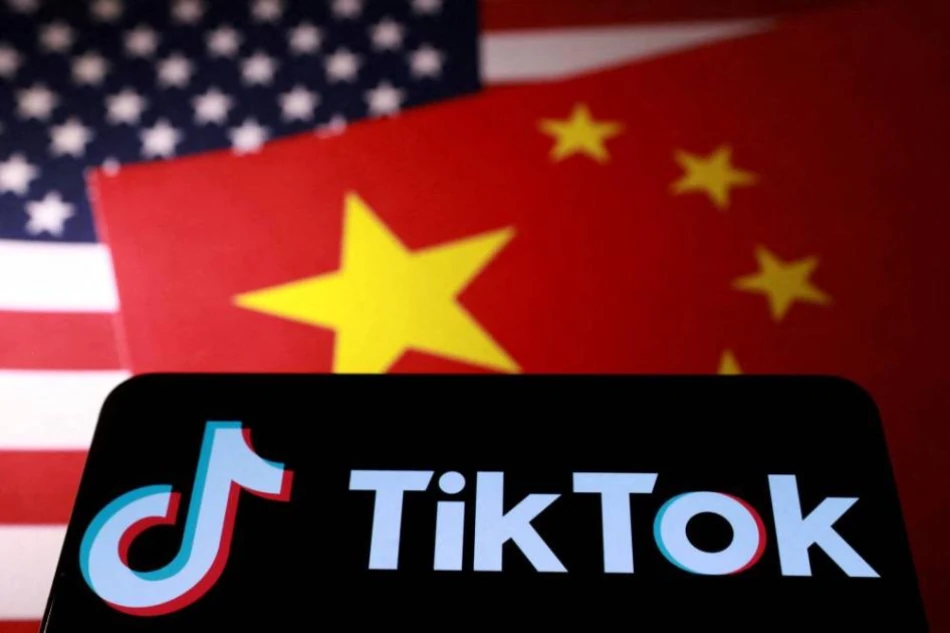
TikTok's Uncertain Future: Navigating the Executive Order and Ambiguity in the US Market
The White House signed an executive order Thursday allowing TikTok to continue operating in the US, but the deal leaves major questions unanswered about how much control Chinese parent company ByteDance will actually retain over the popular app.
On paper, ByteDance's stake drops to just under 20%. The Chinese internet giant also has to sell a copy of its famous algorithm that made TikTok a global phenomenon. But here's where it gets murky - Oracle, the American company tasked with running this algorithm in the US, might not be able to operate it completely independently without ongoing updates from ByteDance.
The executive order says American users can still see content published outside the US. That means Oracle's servers will need to communicate with ByteDance's overseas servers. This creates a potential backdoor that defeats the original purpose of the Congressional law passed in April 2024, which aimed to completely cut off Chinese access to American user data.
Republican Congressman John Moolenaar, who chairs the House China Committee, isn't buying it. He announced Friday that he'll conduct a "full review of this agreement," adding that "ByteDance has repeatedly shown itself to be a bad actor."
Carl Tobias, a law professor at the University of Richmond, points out that the executive order "provides no clarification on how national security will be protected."
The financial details raise even more eyebrows. Vice President JD Vance valued the US version of TikTok at $14 billion. But Espen Robak from Pluris Valuation Advisors, which specializes in valuing private companies, calls this figure "extremely low" based on employee stock prices and revenue data. Earlier this year, Google competitor Perplexity offered $50 billion for the same assets.
The low valuation might reflect the forced sale conditions imposed by Congress. But it could also stem from the deal's structure. According to Bloomberg, ByteDance will receive at least 50% of TikTok's US profits in exchange for licensing its algorithm - meaning the Chinese company maintains significant financial control even after the supposed "sale."
CNBC reports that Oracle, investment firm Silver Lake, and UAE-based MGX will each contribute 15% of the capital, giving them controlling interest. But the power structure remains unclear, especially since Trump announced Thursday that contractor Michael Dell and media mogul Rupert Murdoch will also participate in the project.
Trump acknowledged the complexity, saying Thursday that "everyone will be treated fairly," but added, "If I could make MAGA 100%, I would, but unfortunately it won't work that way."
Unlike Elon Musk's high-profile business ventures, most of the announced investors - except Murdoch - are staying relatively quiet and lack media industry experience. This silence adds another layer of uncertainty to a deal that's supposed to protect American users while keeping TikTok operational.
The arrangement essentially creates a hybrid structure where American companies run the show domestically while ByteDance maintains significant behind-the-scenes influence through profit-sharing and technical dependencies. Whether this satisfies national security concerns or simply creates a more complex version of the original problem remains to be seen.
Most Viewed News

 Omar Rahman
Omar Rahman






